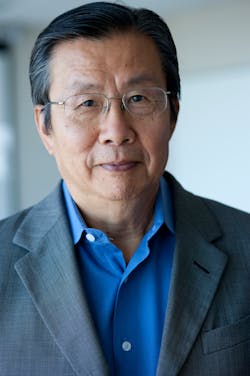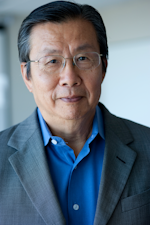Business Forum: How do we establish our worth in the industry?

Q: I don’t feel I am adequately compensated for the work I do. How is compensation determined, anyway?
A: I can really sympathize with your feeling of frustration. A company would find out what other organizations pay by checking job postings and by asking their contacts in the local area. We engineers can do likewise to find out what to expect for compensation.
Discovering what other companies do to establish a baseline is consistent with our culture. Salary is determined in the marketplace and by what both “buyers” and “sellers” can agree upon. That’s fair enough if the free market is totally transparent and efficient. Unfortunately, it is not. Engineers individually do not have the resources to get complete information in order to assess what is going on in their fields. For example, my first job was at an aerospace company; I didn’t even dream of negotiating salary when I was told the salary range is determined by government contract rules. Companies obviously want to keep their costs low, but this practice could be counterintuitive when it comes to compensation. One stroke of genius by a single engineer could make a tenfold difference in the revenues produced by a product that no amount of hard work by a handful of journeyman engineers can ever produce. A positive scenario is therefore to focus on productivity rather than “cost”: paying absolutely top dollar (based on merit) to attract the very best talent and skill sets for the company to win big in the marketplace.
A more serious problem caused by having a pay structure—formal or informal, real or imaginary—is it impacts the ability of our industry to attract the best and brightest. Why should we be so surprised that more young people do not choose a technical career when the sky is the limit in banking or deal making?
I struggle with the question of how we could evolve to the betterment of the photonics industry. The solution has to be both top-down and bottom-up working in tandem. First, we have to be responsible for our own futures; individually we must mind our own productivity to enable the company to pay us more.
One solution is to broaden ourselves technically and socially, and also to become savvy in business and management matters. That would enable us to become more effective on the job, to be able to couple technical decisions with the company’s business performance. It behooves us to do that; we can see a pure engineer is likely to be working under the supervision of someone who knows something about management, who in turn works for someone who knows something about business. Being broadly knowledgeable enables us to deal with the task of maintaining a technical competitive edge over a 30–40 year career. Having this knowledge affords us the flexibility to explore other options, including starting our own businesses.
A top-down solution is more elusive because an established cultural norm can only evolve over time. One possible approach is to have a strong and purposeful trade organization that looks after our interests. I don’t mean a union that uses collective bargaining power to make unreasonable demands. Rather, I envision an entity that can get to the bottom of each big issue the industry encounters to work systematically on improving the performance of the industry in ways that positively impact our individual interests—even beyond the compensation issue.
What I’ve stated here is plausible, but the idea needs our collective wisdom in order to develop. We already have the professional societies in place that mostly look after our technical excellence. It won’t take much to morph their charter to take care of our interests in a holistic way.
I hope this rambling will get you thinking. And if we work at it with persistence, we can make progress over time. Please write to me with your thoughts and reactions on this important issue.

Milton Chang
MILTON CHANG of Incubic Management was president of Newport and New Focus. He is currently director of mBio Diagnostics and Aurrion; a trustee of Caltech; a member of the SEC Advisory Committee on Small and Emerging Companies; and serves on advisory boards and mentors entrepreneurs. Chang is a Fellow of IEEE, OSA, and LIA. Direct your business, management, and career questions to him at [email protected], and check out his book Toward Entrepreneurship at www.miltonchang.com.